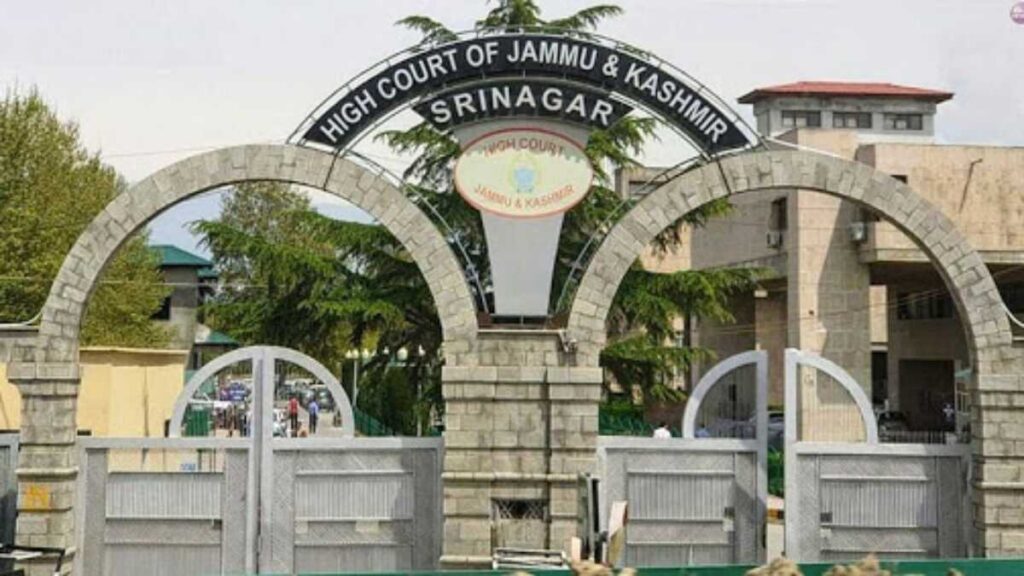Nithyakalyani Narayanan. V
On December 22nd, the High Court of Jammu & Kashmir and Ladakh held that a minor cannot be punished for the offence of perjury for making a false rape claim or a false claim of sexual assault under the Protection of Children from Sexual Offences Act (POCSO Act).
Justice Rajnesh Oswal held that a minor cannot be punished for providing false information regarding a rape or sexual assault case, as stated in POCSO Act Section 22(2). It is stipulated in this clause that a minor who makes a false complaint or gives false information cannot be punished: “A perusal of the Section 22(2) of the Protection of Children from Sexual Offences Act would reveal that if a false complaint has been made or false information has been provided by a child, no punishment shall be imposed upon such child“.
The case the court was handling was a 17-year-old girl who said that in 2020, while she was travelling back to her village, the accused had dragged her into a jungle and sexually attacked her. The Indian Penal Code’s Sections 376 (rape) and 341 (wrongful restraint), in addition to Section 4 (penetrative sexual assault) of the POCSO Act, were used to bring legal action against the accused.
The complainant and her parents refused to back the prosecution’s case and were declared hostile witnesses, which caused the case against the accused to collapse during the trial. During the trial, the minor made repeated statements during her examination-in-chief that the accused had slapped her three times, but she refuted any allegations of being sexually attacked by the accused. Instead, she stated that a person “sitting outside the police station” wrote the police complaint and urged her to “make certain additions” because the accused would not be arrested for a “simple case of slapping.”
In 2021, the accused was found not guilty. Nevertheless, the plaintiff or her parents were not charged with perjury by the trial court for providing false information. The Jammu and Kashmir Government challenged this in front of the High Court.
Nonetheless, the government’s appeal was rejected by the High Court due to Section 22 (2) of the POCSO Act – “In the present case, the prosecutrix was admittedly 17 years of age, meaning thereby she was a minor child and because of this reason only the accused was prosecuted for commission of offence under Section 4 of POCSO Act. Once, the special Act prohibits the punishment of a child in respect of false information provided by a child, the child cannot be prosecuted for commission of offence of perjury”.
The complainant claimed throughout the trial’s cross-examination that she was unaware that there had been a rape in this case, which the High Court also acknowledged: “She was minor when her statement was got recorded by the Police and she has given the justification for making the statement before the Court in respect of slapping only because the person who had drafted her application for registration of FIR told her to make additions, as the Police could not arrest the accused in case of allegations of slapping only”.
The complainant’s mother had only recounted what her daughter had told her, the court further observed. The High Court concluded that the mother could not have provided incorrect information. Throughout the investigation, the father remained silent. The High Court concluded that he could not be held accountable because there was never a situation in which he would have made a contradicting statement: “Otherwise also, in order to prosecute and punish a witness for offence of perjury, it must be established that the (false) statement was made by him deliberately and consciously … So far as the instant case is concerned, there is absolutely no other evidence on record which may establish the fact that the witnesses made false statements deliberately before the trial court contrary to the statements made during investigation before the learned Magistrate.”
The appeal was dismissed by the High Court of Jammu & Kashmir and Ladakh.
Bench: Justice Ranjesh Oswal


